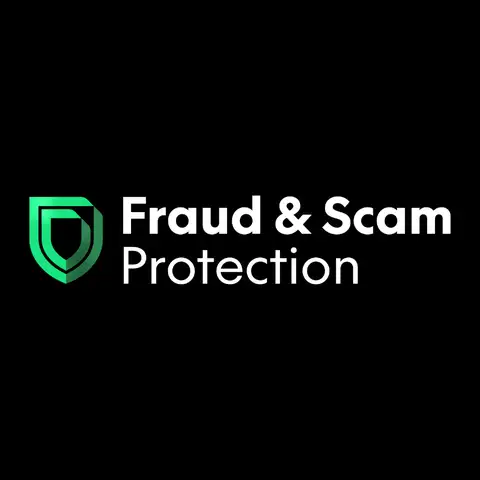Latest scams
Investment scams: Cryptocurrency
We're observing a significant increase in cryptocurrency transactions, which is being accompanied by a growing number of individuals being targeted by fraudulent cryptocurrency investment schemes, particularly through social media platforms.
These scams often involve misleading offers of high returns or exclusive opportunities, luring users into making investments or sharing personal and financial information.
As the popularity of cryptocurrency continues to rise, it's more important than ever for users to stay alert and cautious, actively recognising and steering clear of misleading practices.
The Financial Markets Authority (FMA) is aware of a FMA impersonator using the fake email address support@fma.international. The fake email is claiming to be able to recover money lost in a cryptocurrency investment scam. The FMA does not assist in the recovery of funds and will only send emails from addresses ending in @fma.govt.nz. If you're contacted by someone claiming to be from the FMA, we encourage you to verify who you're talking to. You can contact the FMA directly using the details listed on their official website fma.govt.nz.
Investment scams: Term deposit and bond investment rates
These scams target people who've been searching for the best term deposit or other investment rates via search engines. Fraudulent comparison websites, such as ratesfinder.co.nz, nzcomparerates.com and comparetermdepositsnz.com, are set up purely to collect the contact details of people who are interested in making an investment or rolling off an existing term deposit soon.
After inputting details into a fraudulent website, the scammer will follow up with a phone call or email. They might even reference a genuine Kiwibank staff member's name and potentially send a fake Kiwibank-branded document containing information on term deposits.
A recent warning has been issued about Dragon Trade, trading as DRG-T, which is suspected of being a boiler room scam. The company has been known to contact people and apply high pressure tactics using the phone number +44 203 540 8929 and email support@drg-t.com. They also have a legitimate looking website www.drg-t.com. Learn more about this and other alerts on the Financial Markets Authority website.
Impersonation scams: Phone calls
We’re seeing a lot of phone scams targeting customers, claiming to be from Kiwibank. These calls can come from 0800, local, private or overseas numbers and ask you for your banking login details, passwords or authentication codes.
We’ll never ask for your passwords, KeepSafe questions and answers, PIN, one-time PIN or card details over the phone. We’ll always verify your identity in other ways to ensure your personal information and accounts are kept safe.
If you're ever unsure whether a call is legitimate, ask for a name or reference number and call us back on 0800 113 355 (or +64 4 473 1133 from overseas).
Impersonation scams: Phishing & smishing
We've been seeing a notable increase in text and email phishing scams impersonating Kiwibank, NZTA and NZ Post.
These texts and emails often look legitimate. They generally include a fraudulent link that will take you to a webpage or form that asks you to input personal or banking details which will be used by scammers.
Example: Kiwibank text scam
This scam appears to be sent from a 'short code' used by telcos, banks, and other legitimate organisations. More information on this scam is available on Own Your Online by CERT NZ.

Example: NZTA impersonation text scam

Example: NZ Post impersonation text scam

Romance scams
We've seen a steady increase in romance scams and with Valentine's Day in February, we're reminding Kiwi to be wary of these types of scams. Romance scammers use a range of channels to meet people including online chat rooms, social networking sites, unsolicited emails and dating websites.
Romance scammers aim to build a relationship of trust with you, then eventually ask for some type of financial help - this could be a direct or implied request for funds. Learn more about romance scams.
What to do
- Scam text messages: If you receive a text message that you think could be a scam, copy the message and forward it to the Department of Internal Affairs reporting system on 7726 (SPAM).
- Scam emails: Forward suspicious emails to suspicious.email@kiwibank.co.nz then delete it.
- All scam types: Call us on 0800 113 355, or send us a secure message within internet banking or the mobile app.
Be alert
We'll never ask for your passwords, PINs, KeepSafe questions or card details by phone or email. If you're suspicious, stop the communication immediately and contact us on 0800 113 355.
Helpful resources
What to do if you've been scammed
Anyone can fall for a scam. If you suspect that you've been scammed, get in touch with us as soon as possible.
Get in touch
Call us on 0800 113 355 (or +64 4 473 1133 from overseas) if you think you've been scammed.
Report suspicious activity
If you think you’ve been sent an email that doesn’t look like it’s from us, forward it to suspicious.email@kiwibank.co.nz.
